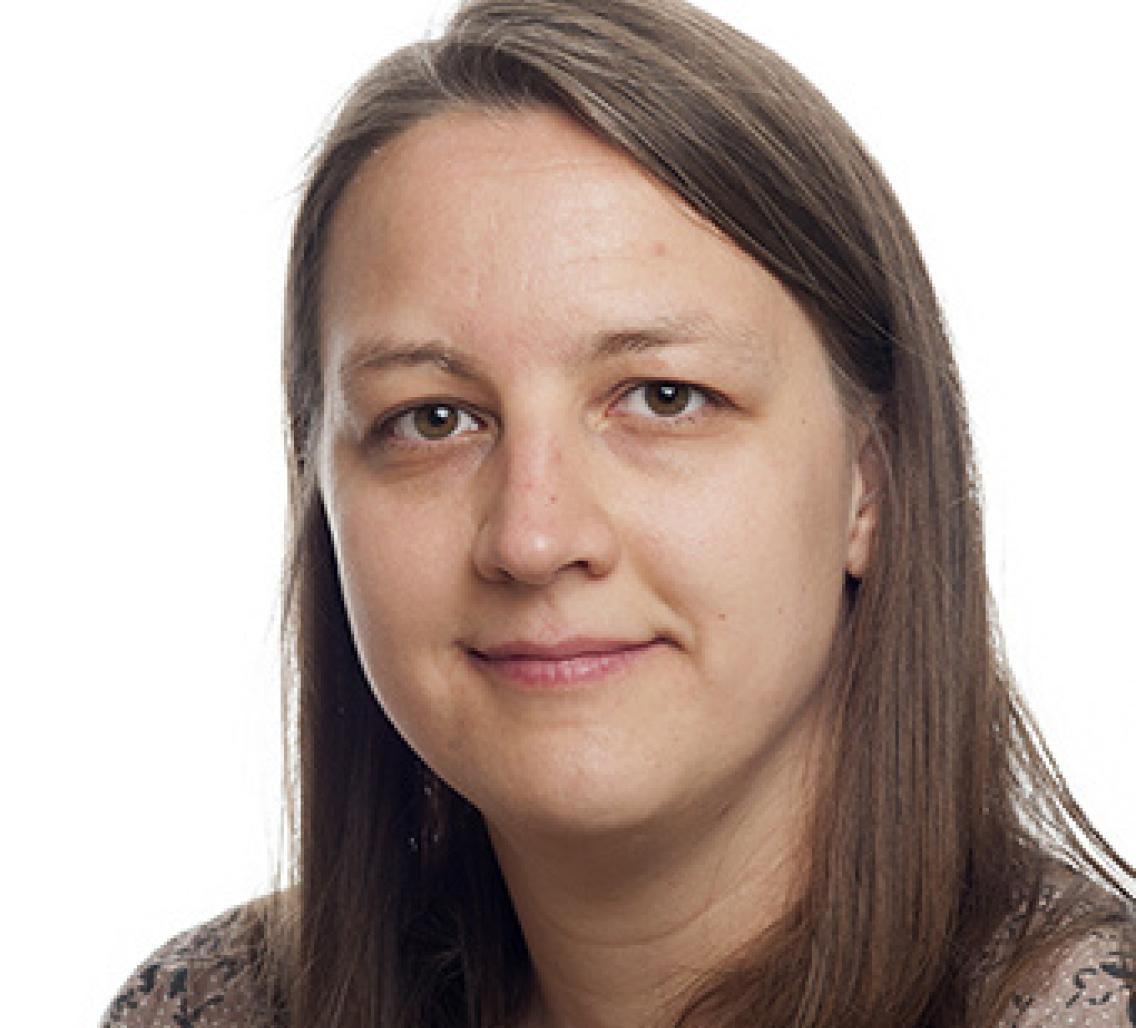Event Details:

Join us at Gunn Rotunda in the Stanford Neurosciences Building to learn about the latest cutting-edge, cross-disciplinary brain research, from biochemistry to behavior and beyond
Join the speaker for coffee, cookies, and conversation before the talk, starting at 11:45am.
A directed form of plasticity drives experience-dependent hippocampal representations.
A crucial function of the brain is to produce useful representations of the external world. These representations are used to form a cellular memory of past experiences, which can be recruited to guide present behaviors. However, the nature of the neuronal code and the mechanisms used to create, maintain, and recall neuronal representations remain unsolved. As a result, we still know very little about how representations embedded within neuronal circuits are actually used by the brain to guide goal-directed, adaptive behaviors.
We previously demonstrated that a non-Hebbian type of synaptic plasticity, behavioral timescale synaptic plasticity (BTSP), has a fundamental role in forming experience-dependent representations in hippocampal area CA1. BTSP has several distinct characteristics, including that it is driven by dendritic plateau potentials (plateaus) instead of APs. Axons from layer 3 entorhinal cortex (EC) impinge onto the site of dendritic plateau initiation, the apical tuft of CA1 pyramidal neurons, and their activity regulates plateau probability. In this talk, I will focus on our most recent data that indicate that an incoming signal from the EC3 directs learning-related activity changes in the hippocampal CA1 network. These results identify EC3 input as a key signal that instructs CA1 neurons - by driving BTSP - in how to represent an experience.
Christine Grienberger, Ph.D.
Brandeis University
Christine Grienberger is a Medical Doctor by training and holds a Ph.D. in Neuroscience from the Technical University Munich, Germany. Prior to joining Brandeis, she was a postdoctoral researcher in Jeff Magee's lab at Janelia Farm Research Campus and Baylor College of Medicine in Houston. Her research bridges cellular and systems neuroscience and focuses on the synaptic, cellular, and circuit mechanisms underlying experience-dependent neural computations in the brain and the disruption of these computations in animal models of Alzheimer’s disease. Her laboratory uses state-of-the-art experimental techniques, including in vivo whole-cell recordings and two-photon microscopy, optogenetic activity perturbations, and behavioral assays, to study how individual neurons produce behaviorally relevant circuit dynamics that allow our brains to learn. Christine is a Sloan Research Fellow, a Pew Scholar in the Biomedical Sciences, and a recent recipient of the NIH Director’s New Innovator Award.
Hosted by - John Huguenard, Ph.D. (The Huguenard Lab)
About the Wu Tsai Neuro Seminar Series
The Wu Tsai Neurosciences Institute seminar series brings together the Stanford neuroscience community to discuss cutting-edge, cross-disciplinary brain research, from biochemistry to behavior and beyond.
Topics include new discoveries in fundamental neurobiology; advances in human and translational neuroscience; insights from computational and theoretical neuroscience; and the development of novel research technologies and neuro-engineering breakthroughs.
Unless otherwise noted, seminars are held Thursdays at 12:00 noon PT.